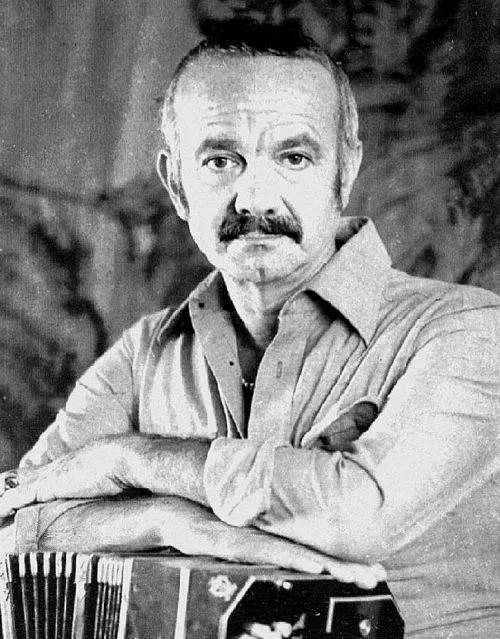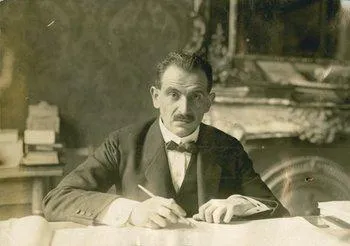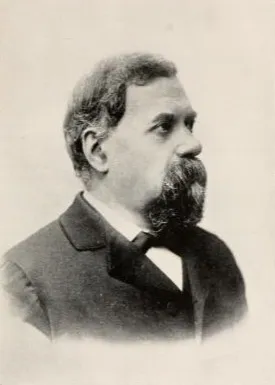
Name: William Conrad Gibbons
Nationality: American
Profession: Historian, author, and academic
Birth Year: 1926
Death Year: 2015
2015 – William Conrad Gibbons, American historian, author, and academic (b. 1926)
As the sun set on the life of William Conrad Gibbons in 2015, a profound legacy began to echo through the corridors of academia and history. Born in 1926, Gibbons emerged into a world teetering on the brink of upheaval a time when global conflicts were reshaping nations and narratives. Ironically, his journey as an historian would be marked by both exploration and reflection, leading him to become a pivotal figure in understanding American history.
In his early years, Gibbons was not just an observer of history but an active participant in its unfolding drama. Raised during the Great Depression, he felt the weight of economic hardship yet thrived on curiosity. Perhaps it was this blend of adversity and wonder that drove him towards academia seeking answers to complex questions that puzzled many around him. His passion for knowledge took him to prestigious institutions where he honed his craft as a historian.
By the time he entered graduate school, Gibbons had already begun to carve out a niche for himself within historical discourse. However, it wasn’t merely academic accolades that defined his career; it was his ability to bridge gaps between past events and contemporary issues that truly set him apart. With each lecture delivered or book written, he sought not only to inform but also to inspire fostering critical thought among his students.
As he delved deeper into historical research, Gibbons became known for tackling challenging subjects head-on. His books often shed light on overlooked aspects of American history particularly focusing on foreign relations during pivotal moments like World War II and the Cold War. Historians recount that one of his most influential works examined how America’s diplomatic strategies shaped post-war geopolitics; it resonated with readers far beyond academic circles.
Despite this focus on international affairs, what truly captivated audiences was Gibbons' ability to weave personal narratives into broader historical contexts. One can argue that this unique storytelling approach allowed readers from all walks of life to connect with history on an emotional level a bridge linking individuals’ experiences with larger national tales.
Perhaps one defining characteristic throughout William Conrad Gibbons' career was his unwavering commitment to mentorship. In countless interviews over decades spent teaching at various universities across America he emphasized how vital it is for historians not only to share their knowledge but also encourage new voices in academia! Young scholars who studied under him often recounted how they were empowered by his guidance; they felt their ideas mattered.
This legacy continued long after he retired from formal teaching roles! Students turned professors would go forth into educational institutions across America and beyond with lessons learned from Gibbons ingrained deeply within them: think critically; engage passionately; remain curious!
The Impact Of A Historian
The passing away of William Conrad Gibbons marked more than just the end of an era it signified loss for those who cherished intellectual dialogues ignited through rigorous debates surrounding historical interpretations! One might ponder: who knows what future perspectives would have emerged had time permitted further contributions? As historians dissected records left behind after January 2015 Gibbon’s insights served as touchstones guiding discussions about our past amid ever-evolving present realities!
An Evolving Perspective
This poignancy also resonates today when we consider ongoing challenges facing societies worldwide! The polarized political climate mirrors some themes explored throughout Gibbon’s works from isolationist sentiments prevailing prior World Wars to increasing calls for diplomatic engagement amid rising tensions globally.”













